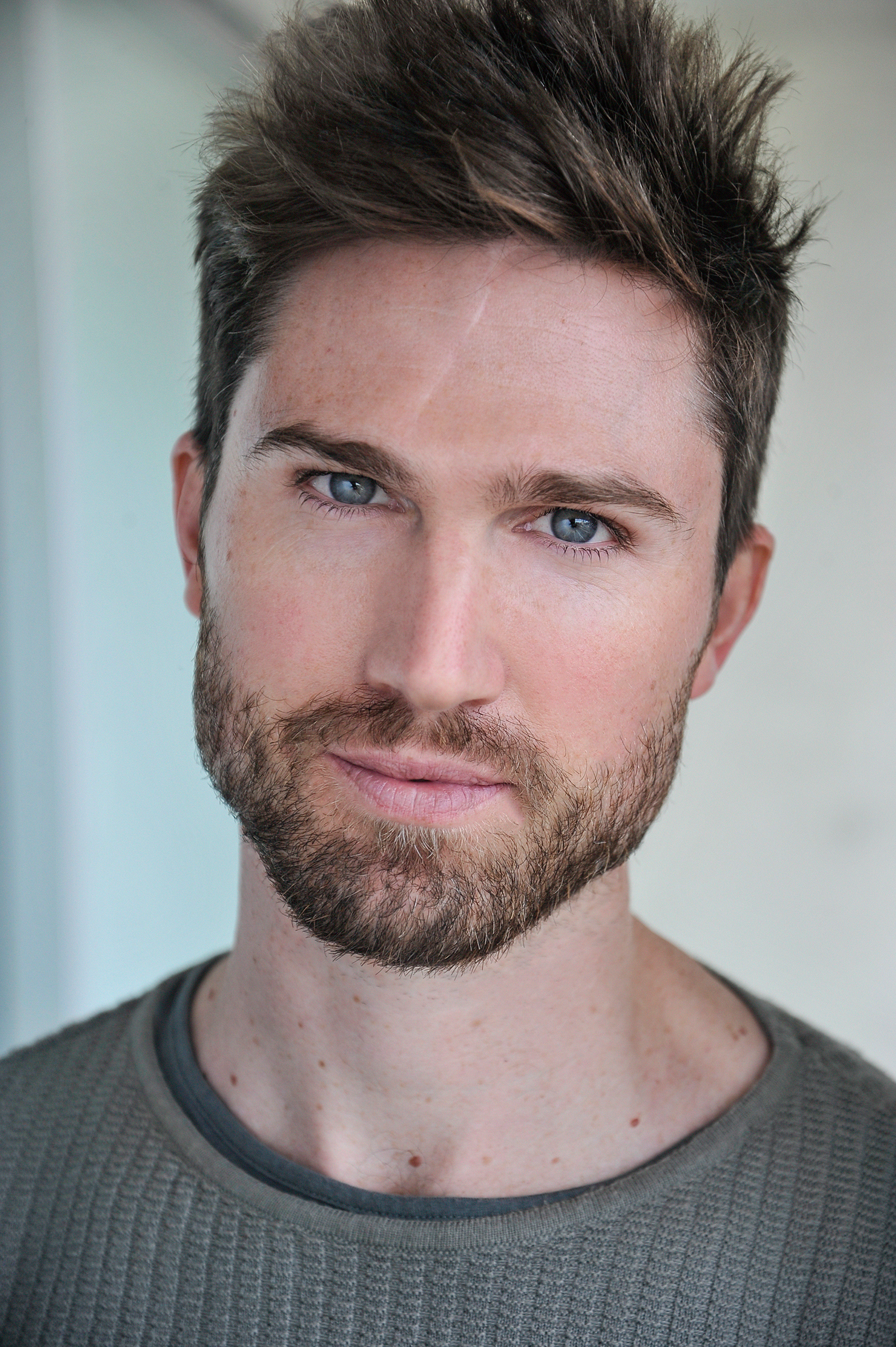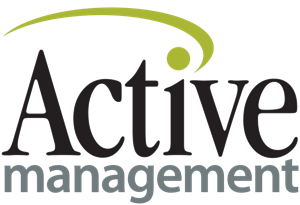Improving Your Vocal Technique: Tip 1

Vocal fatigue is a common concern for instructors in the fitness sector. It can limit one’s ability to teach effectively, while having the potential for long-term damage to one’s health. This can lead to feelings of isolation, stress, and anxiety, which can have an adverse affect on the instructor, the client, and the industry at large. Voice training can help alleviate these concerns. As a voice coach, I’m passionate about helping teachers, coaches, trainers and instructors rediscover their innate vocal freedom. Not only does this help get them through the working week, but it also allows for personal expression to come through the voice, so classes are unique to each individual.
Every month for the rest of 2019 we’ll unpack each of the ‘ten tips to improve your vocal technique’, which I posted here last month. So let’s jump into the most basic yet highly essential piece of advice that will enable you to use your voice more optimally and effectively:
Keep hydrated and get plenty of rest.
Stress, tension, and dehydration are killers for the voice. With heavy workloads, physically challenging classes, and often lots of social engagements, it’s super important to ensure you’re drinking plenty of water and getting lots of rest. To put it simply: dehydration leads to a dry throat. This inhibits your vocal folds from vibrating optimally and can cause strain. Because it takes time for the body to re-hydrate, drinking water just before class isn’t going to give you the lubrication that you need. And because no liquid ever passes over the vocal folds, no amount of drinking will help to immediately lubricate your throat (even if it feels like it does). The trick is to stay hydrated throughout the day, and if you’re feeling dry or strained before class try steaming (you can buy little green Bosisto’s inhalers from most chemists).
Quick tip: If you’ve already started class and you’re feeling a bit dry, try gently but firmly biting the sides of your tongue, which will produce more saliva. Swallowing a few times can also help!
Happy voicing!
About me:
I’m an experienced voice and acting coach based in Sydney, Australia. I work with performers and non-performers alike, applying vocal techniques and principles of actor training to help people rediscover their innate vocal freedom.
I hold a Master of Fine Arts in Voice from the National Institute of Dramatic Art (NIDA) and a Bachelor of Arts degree from the University of Melbourne. I’m also a graduate of the Atlantic Acting School’s Professional Conservatory in New York City, and have worked extensively as an actor and teacher both here in Australia and overseas.
My experience includes residencies at some of the world’s top acting conservatoires, such as NIDA, Yale School of Drama, and Carnegie Mellon School of Drama. When I’m not coaching privately, I teach voice, text, and acting on the Bachelor of Fine Arts (Acting) and Master of Fine Arts (Voice) courses at NIDA.

Rob is an experienced voice coach with a Masters Degree in Voice from NIDA. He works with performers and non-performers alike, applying vocal techniques and principles of actor training to help people develop a free, flexible and resonant voice. Rob coaches privately and also teaches voice and acting at NIDA.
